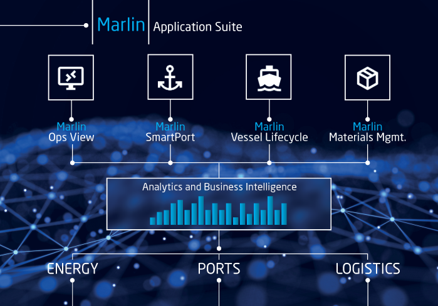Falling Behind in a Fast-Paced World
- In today's hyperconnected and fast-paced environment, standing still is equivalent to falling behind.
- Markets are constantly evolving, and consumer preferences are ever-changing.
- Failing to adapt to new trends, technologies, and customer demands can quickly render individuals and businesses obsolete.
- By refusing to change, you risk losing relevance, market share, and ultimately, your competitive edge.
Stagnation and Regression:
- Organizations that resist change may find themselves trapped in a cycle of stagnation, where growth and personal development become stagnant.
- An organization refusing to embrace new ideas, skills, and approaches limits their potential for growth and can lead to being overshadowed by more adaptable peers.
- In a world that values innovation and agility, being resistant to change hinders career progression and can negatively impact your long-term success.
Missed Opportunities for Innovation:
- Change often presents opportunities for innovation and improvement.
- By resisting change, you deny yourself the chance to discover new methods, products, or services that could revolutionize your industry or profession.
- Innovation is a driving force behind success, and those who fail to seize opportunities brought about by change may find themselves on the sidelines while competitors move ahead.
Fostering a Culture of Complacency
- Organizations that resist change create an environment of complacency and risk becoming disconnected from the evolving needs of their customers.
- This can lead to decreased employee engagement, a lack of motivation, and a decline in overall productivity.
- On the other hand, companies that embrace change foster a culture of continuous improvement and innovation, attracting top talent and positioning themselves as industry leaders.
Financial Consequences:
- The financial risks of resisting change should not be overlooked.
- In a rapidly evolving marketplace, failing to adapt can lead to declining revenue, increased costs, and even bankruptcy.
- Businesses that are unable to pivot their strategies, adopt new technologies, or respond to emerging trends are left vulnerable to disruption from more agile competitors.
- The cost of change may seem high, but the cost of not changing can be catastrophic.
Conclusion:
In an era defined by constant change, the risk of not embracing it is far greater than the risk associated with stepping out of your comfort zone. Whether on an individual or organizational level, the perils of maintaining the status quo are significant and can lead to irrelevance, stagnation, missed opportunities, and financial consequences.
Embracing change, on the other hand, opens doors to growth, innovation, and long-term success. The world rewards those who are willing to adapt, so let us not fear change but rather embrace it as the catalyst for progress and achievement.


Marlin Application Suite
The Marlin Application Suite offers a positive change solution for all within the energy sector to improve their marine logistics, improve safety performance, and improve their bottom line.
Discover more about Marlin
